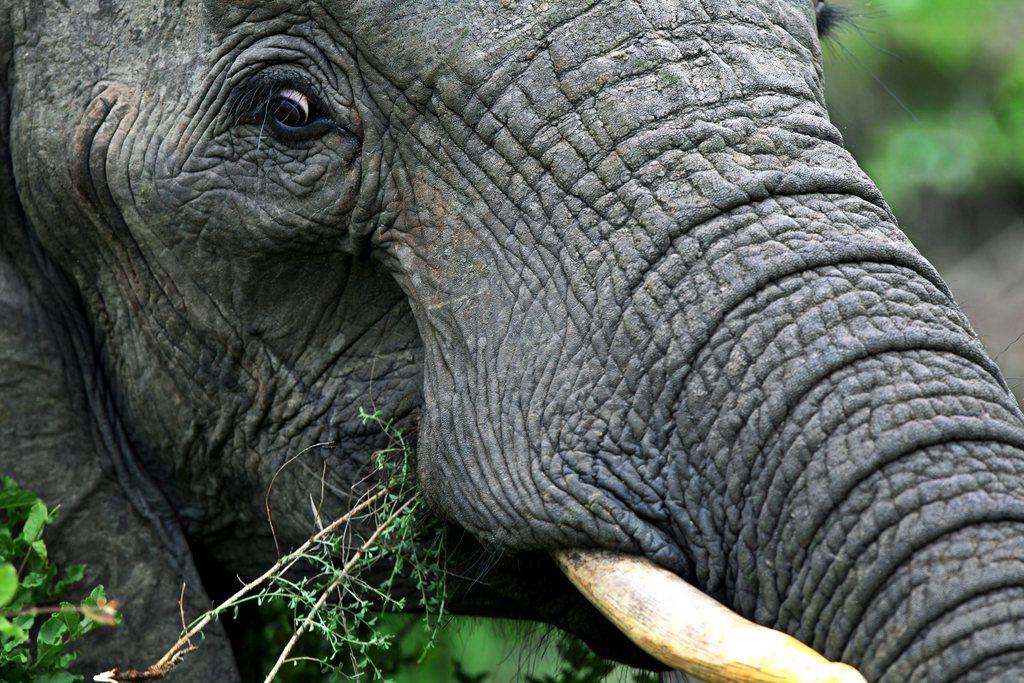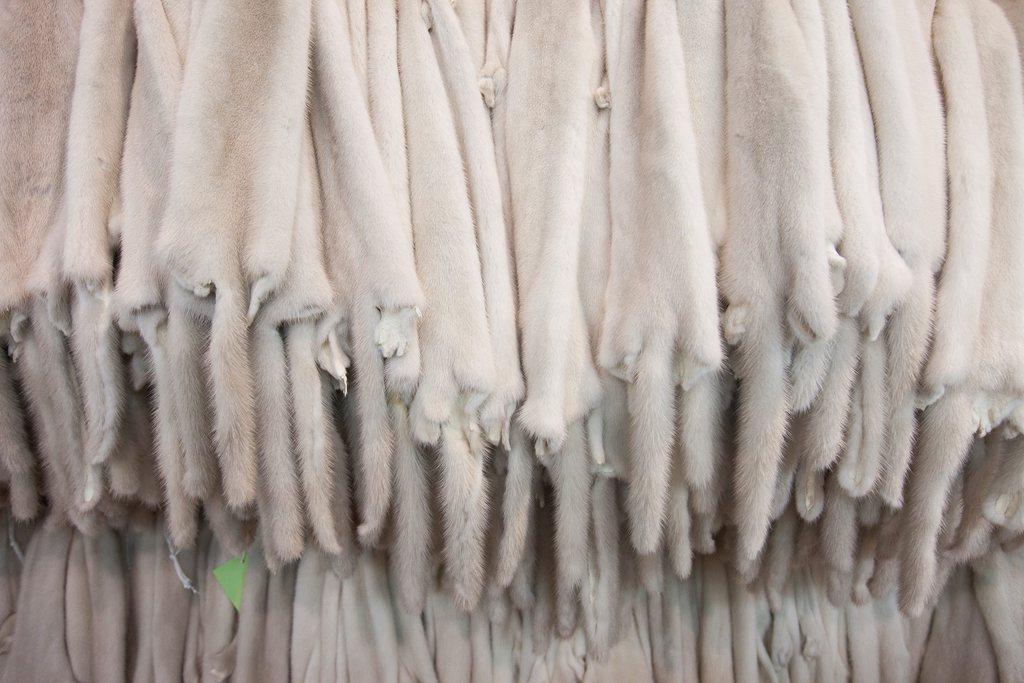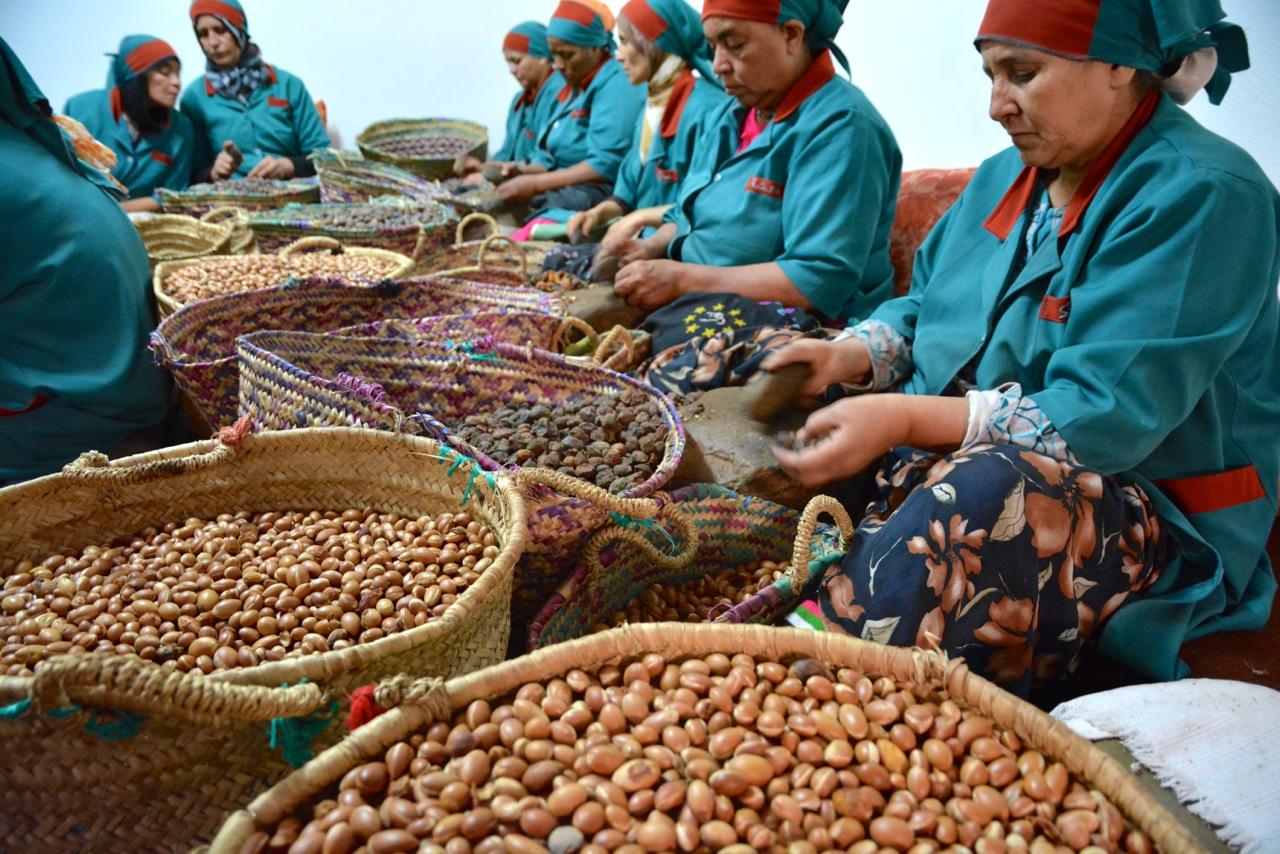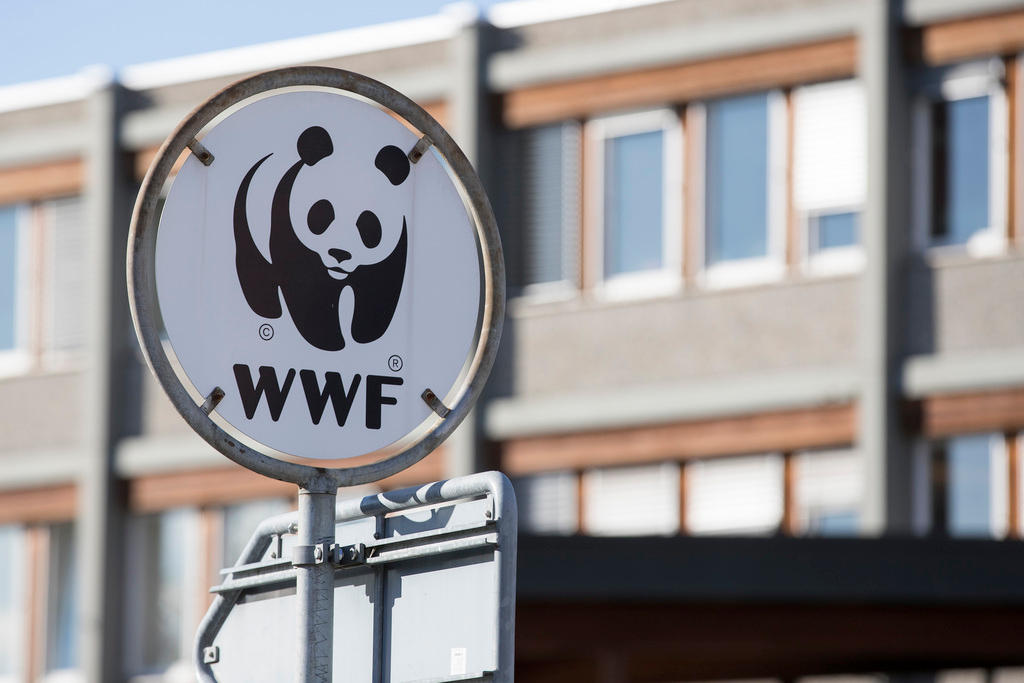Swiss investigate responsible business conduct for charities

In an unusual move, the Swiss government will investigate a dispute between advocacy groups working in Cameroon that pits the interests of an indigenous rainforest tribe against wildlife protection.
The decision by the State Secretariat for Economic Affairs (SECO) to wade into the dispute marks the first time that a member of the 35-nation Organisation for Economic Cooperation and Development (OECD) in Paris has applied guidelines for responsible business conduct to an international charity.
Survival International, a global movement for tribal peoples’ rights, called it a breakthrough in a case it filed last year and “an unprecedented move” to apply a process that until now has been used only for multinational businesses.
The London-based organisation accused Swiss-based multinational WWF of funding anti-poaching squads in Cameroon and elsewhere in the Congo Basin, which commit systematic human rights abuses. The Survival group said the Baka “pygmies” of eastern Cameroon and other rainforest tribes have reported suffering abuses such as arrest, beatings, torture and even death for more than 20 years.
A path forward
After reviewing Survival’s complaint against WWF, SECO concluded that “the issues raised in this submission merit further consideration”. However, the Swiss agency’s initial assessment (PDF)External link of the situation in late December cautioned against viewing its conclusion as a judgment of any kind.
WWF has been supporting “ecoguards” in the West African nation of Cameroon who work as rangers that prevent poaching of forest elephants. The group assured the Swiss government that it respects and promotes internationally accepted human rights standards in its conservation work and ensures its efforts do well for indigenous peoples and local communities, SECO reported.
The WWF won praise last year for its work in Cameroon from the United Nations special rapporteur for the rights of indigenous peoples, who cited the group’s efforts to involve locals more with conservation.
The Swiss secretariat cannot sanction WWF, which works in more than 100 countries, but said it would try to reach a deal between the groups and publish the result, or at least give recommendations on how the OECD guidelines can be met. The OECD lacks power to investigate on its own.

In compliance with the JTI standards
More: SWI swissinfo.ch certified by the Journalism Trust Initiative



You can find an overview of ongoing debates with our journalists here. Please join us!
If you want to start a conversation about a topic raised in this article or want to report factual errors, email us at english@swissinfo.ch.